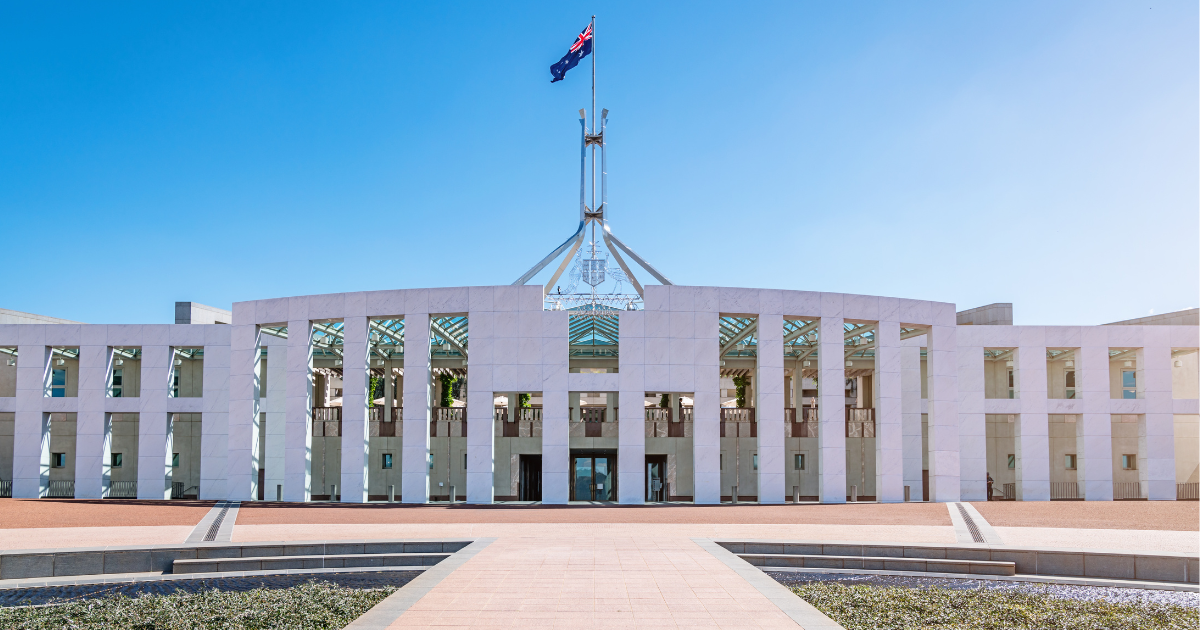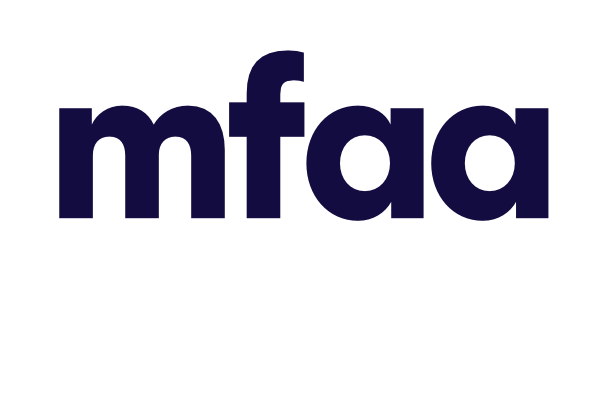

The peak industry body for mortgage and finance brokers is calling on the Federal Government to carry out a bold agenda of tax reform, including raising the GST and broadening its base, abolishing stamp duty and payroll taxes and making the instant asset write-off scheme permanent.
The MFAA has outlined these recommendations in its submission to the Economic Reform Roundtable, seeking to deliver a more efficient, sustainable and equitable tax system for Australia.
Treasurer Jim Chalmers is holding the Economic Reform Roundtable in Canberra from 19 August to 21 August. It will focus on improving Australians’ living standards with a focus on lifting productivity, building economic resilience in the face of global uncertainty; and strengthening the budget so it’s more sustainable.
The roundtable will feature key Federal Government ministers, with key stakeholders also invited to attend.
“We have more than 16,000 members, representing almost three-quarters of mortgage and finance brokers in Australia, so it’s essential that the MFAA is part of the national conversation when it comes to economic reform,” MFAA CEO Anja Pannek said.
“Brokers bring competition and choice to the lending market and they have a key role to play in the housing sector and the economy overall. The MFAA’s Value of Mortgage and Finance Broking 2025 Report, compiled by Deloitte, showed the broking industry supported more than 37,000 jobs and contributed $4.1 billion to the Australian economy in FY23.
“Our industry wants a stronger economy with higher productivity because this is in the best interests of our members and the millions of clients they support across the nation.”
Ms Pannek said the MFAA’s submission to the Economic Reform Roundtable was informed by the coalface experiences of its members, who are small business owners and trusted experts helping consumers and businesses gain access to finance.
“Our broker members see the direct effects of constrained housing supply, inefficient taxes and policy settings. These result in placing barriers around financial mobility, productivity growth and participation in the economy,” Ms Pannek said.
In its submission, the MFAA pointed out that a more productive economy requires a housing market that enables people to move for work, right-size their homes, and build financial security through property.
“A more productive economy should also encourage small and medium sized businesses to invest, grow and innovate,” the submission stated.
The MFAA submission contains the following key proposals:
Ms Pannek acknowledged that the proposed reforms were bold and possible, citing examples such as the creation of Medicare in 1984, the introduction of compulsory superannuation in 1992, and the introduction of Goods and Services Tax in 2000, all of which were carried out to future proof the economy and create a fairer, and more prosperous Australia for future generations.
“This government has both a mandate and a unique opportunity to deliver enduring transformational productivity improvements for Australians,” said Ms Pannek.
The Economic Reform Roundtable will also be informed by the work of the Productivity Commission, which has held five productivity inquiries, guided by the Government’s five-pillar productivity agenda:
The MFAA has made submissions to all of the Productivity Commission’s inquiries, with the exception of delivering quality care more efficiently. You can read the MFAA’s submission to the Economic Reform Roundtable here.





You can sign up for free by creating an account. If you are new to the portal, select "Create an account" to register and gain access to a range of free and useful resources.
If you already have an account, simply log in. Once logged in, you can easily apply for membership. If you need assistance, call our support team on 1300 554 817 for assistance.